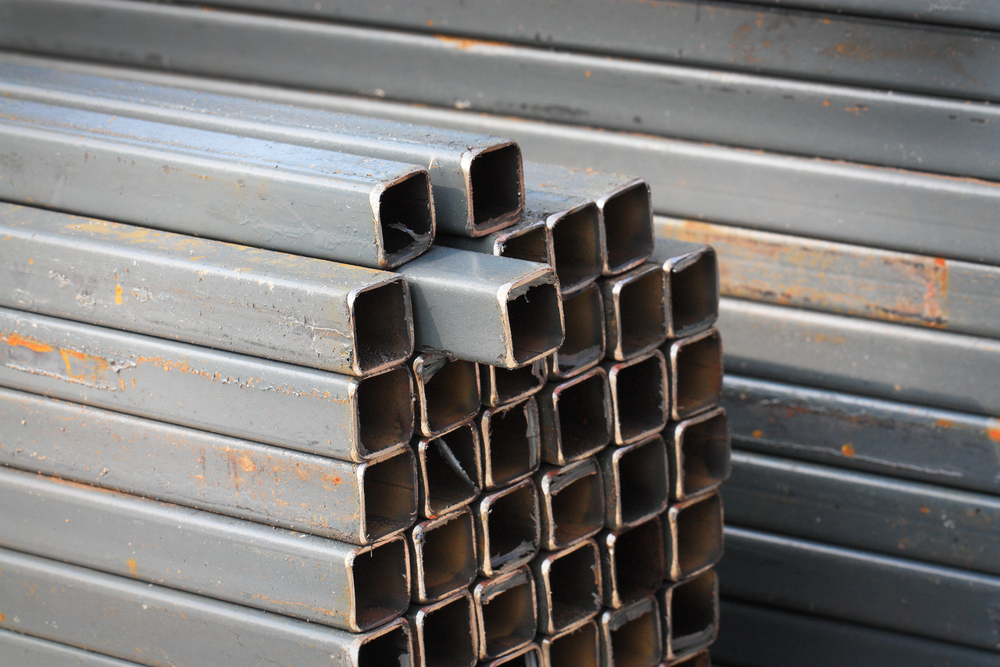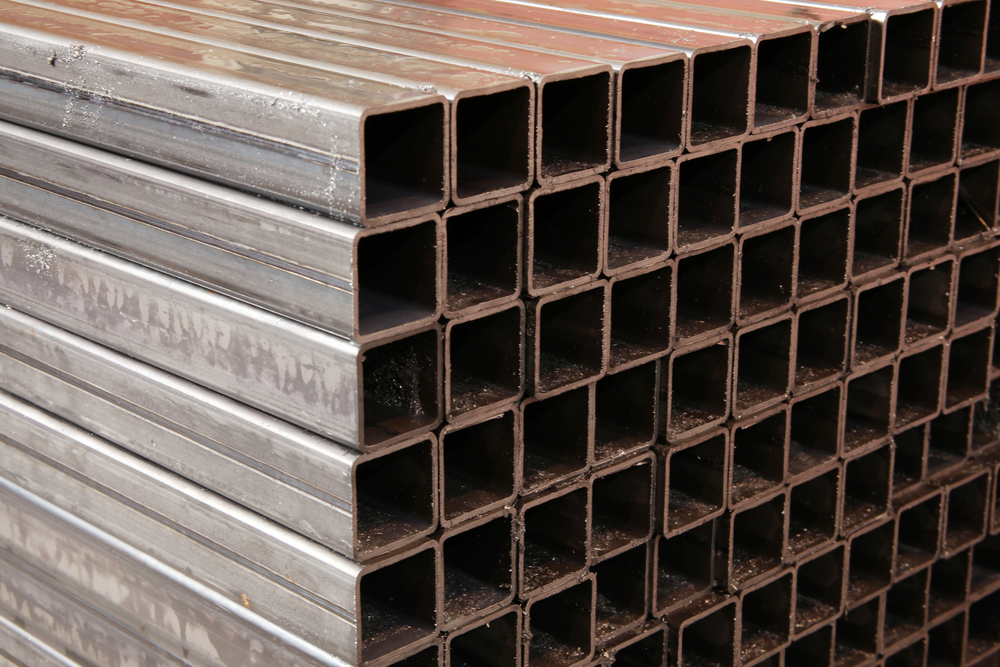1-Mild Steel Manufacturer’s Insights: Innovation, Overcoming Challenges, and Pioneering Solutions in the Industry
With years of experience as a mild steel manufacturer, we have witnessed the evolution of steel pipe across various industries. Mild steel is a crucial material that forms the foundation for construction, automobile, and manufacturing sectors. As global infrastructure development accelerates, the demand for mild steel increases exponentially. However, manufacturers also face obstacles that impact innovation and growth. This article elucidates some key insights into current innovations, persisting challenges, and my recommended solutions for the mild steel industry based on our company’s journey.
2- Surging Applications Driving Mild Steel Advancements
Owing to qualities like durability, affordability, and workability, steel usage has surged across core industries:
Ubiquitous in Construction
Steel pipe constitutes rebars, beams, tubes, plates, and sheets vital to real estate projects, factories, bridges, etc. Enhanced seismic-resistant structures also utilize mild steel frames. Our earthquake-proof mild steel rebars have been particularly successful.

Automobile Industry Reliance
Steel pipe features across automotive models in engines, chassis, and transmission gears. As electric vehicles gain prominence, high-grade steel holds relevance for improved battery efficiency and lightweight vehicles enabling faster acceleration and greater mileage per charge.
Emergence in Modern Furniture
Steel pipe manufacturers offer innovative modern furniture designs through laser cutting and wire bending to create aesthetic visual effects at affordable rates compared to wood or glass. This has catalyzed demand from interior designers and households seeking contemporary decorative styles and long-lasting, eco-friendly furnishings.
Our company has developed proprietary frame technologies and patented gearbox components using premium steel through strategic partnerships with construction companies and automobile manufacturers.
However, steel companies need solutions for existing business challenges hampering innovation pipelines to sustain long-term growth.
3-Overcoming Persistent Industry Challenges
While opportunities abound for steel manufacturers, they encounter impediments regarding volatile raw material costs, inadequate infrastructure, and evolving environmental regulations.
Raw Material Price Fluctuations
Iron ore and coking coal are chief mild steel ingredients. Being commodity market-dependent, their prices shift frequently causing input cost uncertainty. This restricts investment in enhancing production capacities. Our company also faced this hurdle, but progressive supplier contracts have worked well. The strategy involves agreeing rates for bulk purchases annually or half-yearly based on projected demand. This shields us from drastic price variations.
Gaps in Logistics Support
As steel demand rose exponentially, the logistics sector failed to upgrade proportionately. Consequently, product movement faces delays from factories to project locations owing to congested roads, limited railway carriages, and slow port clearances. To circumvent this issue, we invested in captive logistic capabilities like warehousing fleets and cargo containers. This improved lead times and prevented work stoppages at client construction sites awaiting mild steel deliveries.
Concerns Over Carbon Emissions
Mild steel production consumes coke and coal emitting greenhouse gases. With countries prioritizing net-zero carbon deadlines, manufacturers anticipate stricter emission penalties. Our company has proactively initiated a green transformation journey using hydrogen and solar energy in melting furnaces. However, policy incentives can accelerate environmental compliance industry-wide.
4-Solutions to Unlock Innovation Potential
As a manufacturer completing a decade, here are my recommendations for advancing innovation in the steel industry:
Boost Financial Viability of Mild Steel Manufacturers
Budget allocations and public sector undertakings geared towards infrastructure must prioritize domestic steel usage through preferential sourcing policies. Tax reforms, lower interest rates on capital loans, and amendments in insolvency resolutions can aid working capital and lessen manufacturers’ risk of investing in technologies. During recent liquidity crunches, these structural reforms provided a lifeline to our mild steel plant.
Foster Academia and Start-Up Partnerships
Research institutes possess talent and labs to formulate next-gen steel applications, while agile start-ups can assist in rapid prototyping and testing. But they lack access to finance and large-scale infrastructure. Collaborative platforms connecting these entities with established mild steel producers can facilitate co-innovation aligning with industry needs and global trends like additive manufacturing, lightweight alloys, and sustainable packaging. Through an open innovation program, our firm discovered a university project on recyclable mild steel containers for batteries. Jointly, we developed reusable casings improving electric vehicle energy efficiency.

Policy Thrust on Circular Economy
Steel pipe manufacturers enjoy inherent recyclability without quality loss. However, recycling is impacted by collection system lapses and metal theft. Tax incentives for users returning mild steel components can improve collection rates. Simultaneously, centralized recycling clusters with modern tech intervention on material tracking, dismantling, and sorting can enhance process efficiency, prevent revenue leakage, and encourage ethical practices. Such recycling hubs can particularly benefit the construction and demolition waste sector where volumes are extremely high. Mehboob steel traders present their mild steel pipes as one of the key products contributing to their steel future across Pakistan and worldwide.
5-Trade Reforms to Check Volatility
Creating buffer stock mechanisms domestically through metal exchanges and streamlining import-export regimes can stabilize price fluctuations in iron ore or steel inputs caused by global demand-supply vagaries. This will provide consistency for steel manufacturers to chart production cycles and plan long-term investments. Additionally, trade policies focused on substituting imports of downstream mild steel products by boosting domestic output can improve forex outflows and fortify the self-reliant vision of the industry.
6-Conclusion
The steel pipe industry holds immense potential for fueling Pakistan’s economic progress through indigenous manufacturing. Mild steel manufacturers can unleash innovation and job creation opportunities by tapping growing use cases across automobiles, construction, furniture, and allied sectors. Industry convergence with policy reforms can optimize solutions for challenges like input price volatility, and logistics and emissions management. With a conducive regulatory environment and disruptive thinking around next-gen product development, Mehboob steel traders are indigenously producing globally benchmarked mild steel to catalyze national infrastructure growth.
7-Frequently Asked Questions
How can mild steel quality and cost optimization be improved?
Adoption of technologies like IoT-driven predictive maintenance of machinery, and automation through AI-based manufacturing can enhance steel pipe quality and productivity. This reduces production costs over the long term.
What are some new application areas being explored for mild steel?
Companies are actively working on advanced high-strength steel pipe development for aerospace component manufacturing to replace heavier traditional materials. Mild steel also promises to enable large-span cable-stayed bridges through high-grade precision steel cables.
How can renewable energy be increased in mild steel manufacturing?
Scrap steel when melted consumes nearly 75% less energy than iron ore. Simultaneously, electric arc furnace capacities installation using renewable energy sources like solar, hydrogen, etc. over traditional coal-burning blast furnaces allow lower emission manufacturing.
What are upcoming mild steel product innovations in construction?
Pre-fabricated mild steel structural units like columns, slabs, staircases, etc. made at factories can speed on-site assembly for real estate projects. Lightweight steel pipe skeleton designs also enable quicker completions. Meanwhile, anti-seismic steel structural joints can also make buildings resilient to earthquakes while minimizing damage.

We have the best quality steel pipes. and we hope you have the best experience if you take our products.
© 2024 Mehboob Steel Traders. All rights reserved.
